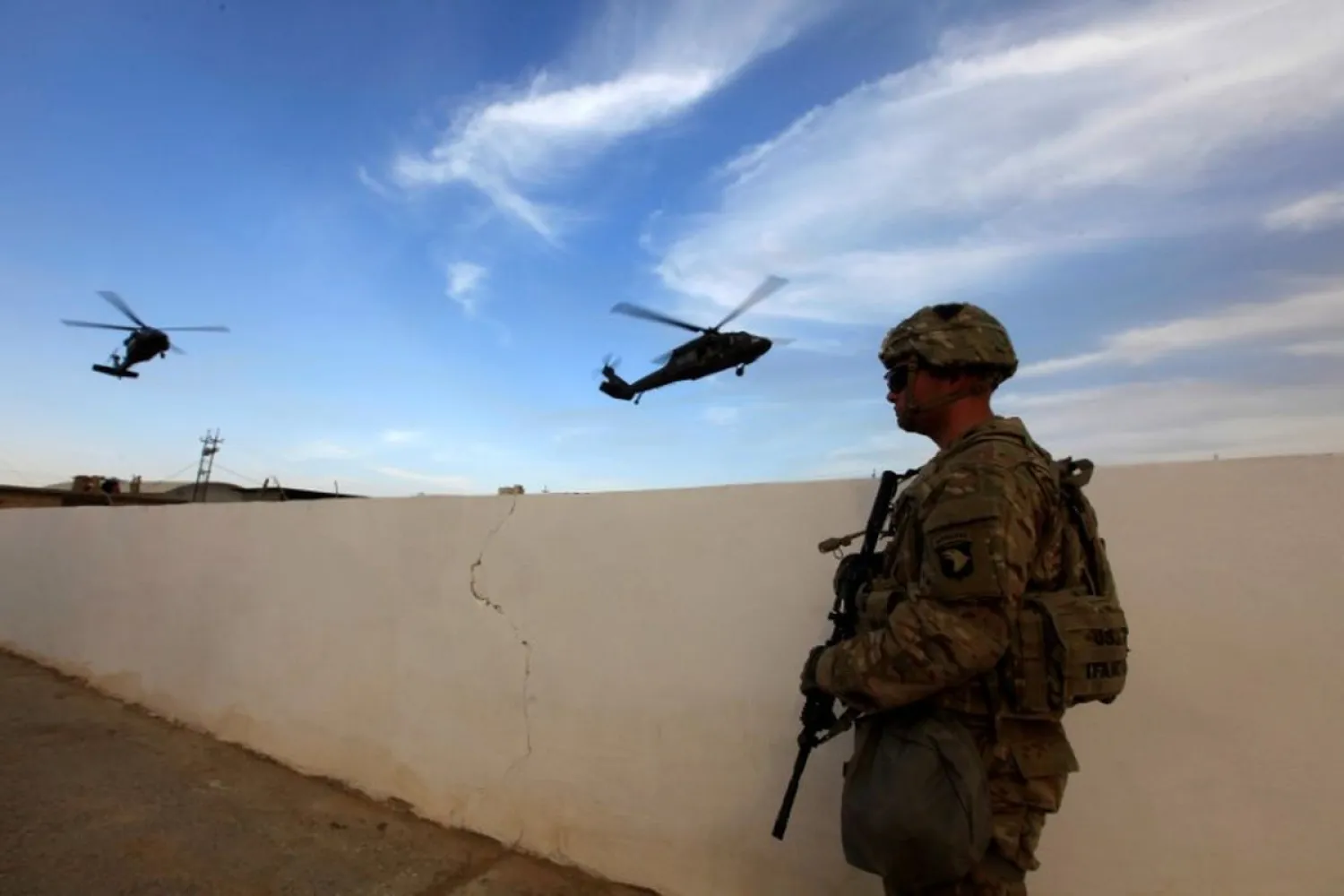US forces will stay in Iraq "as long as needed" to help stabilize regions previously controlled by ISIS, a spokesman for the US-led international coalition fighting the militants said on Sunday.
"We'll keep troops there as long as we think they're needed ... The main reason, after ISIS is defeated militarily, is the stabilization efforts and we still need to be there for that, so that's one of the reasons we'll maintain a presence," Colonel Sean Ryan told a news conference in Abu Dhabi.
The number of American soldiers could go down however, depending on when other forces from the North Atlantic Treaty Organization deploy to help train the Iraqi army, he said, adding that about 5,200 US troops are currently based in Iraq.
According to Reuters, NATO defense ministers agreed in February to a bigger "train-and-advise" mission in Iraq after a US call for the alliance to help stabilize the country after three years of war against ISIS.
"Possibly, there could be a drawdown, it just depends on when NATO comes in and they help train the forces as well," Ryan said.
Iraq officially announced victory over the militants in December, five months after capturing their stronghold Mosul.
The United States also has about 2,000 troops in Syria, assisting the Kurdish-led Syrian Democratic Forces (SDF) clear pockets still under the control of ISIS along the border with Iraq.
"We're starting to see a lot of collaboration between the SDF and ISF (Iraqi Security Forces) because it used to be that they would just come to the coalition, but now, we have them talking to each other as well," said Ryan.
The Iraqi military has carried out several air strikes against ISIS in Syria since last year, the last of which a few days ago, with the approval of the regime of Bashar al-Assad and the US-led coalition.
SDF operations to finish off the militants on the Syrian side have been delayed by hundreds of explosive devices planted by ISIS, according to Ryan.









